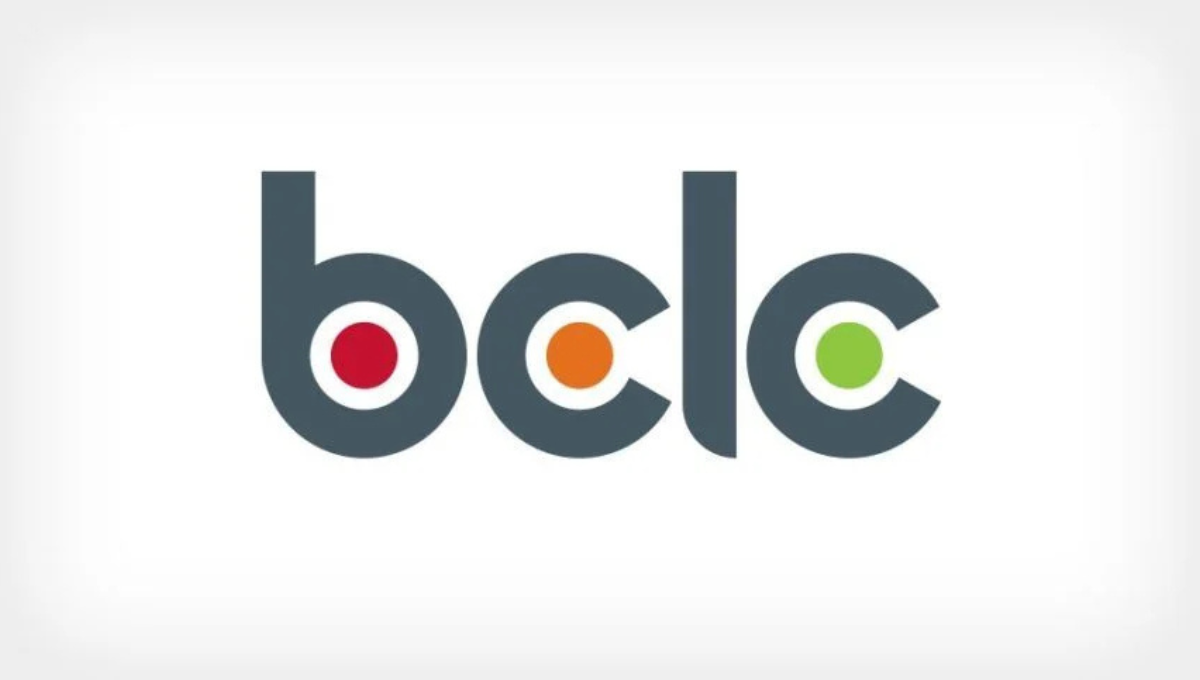The British Columbia Lottery Corporation (BCLC) has appealed a recent decision by the Financial Transactions and Reports Analysis Centre of Canada (FINTRAC) to impose a $1,075,000 administrative monetary penalty, challenging allegations of violations under Canada’s anti-money laundering and terrorist financing legislation. This appeal, filed in the Federal Court, contests FINTRAC’s findings of compliance breaches, which BCLC asserts were based on misunderstandings and procedural failings by the federal watchdog.
Background of FINTRAC’s Decision
In March 2025, FINTRAC issued a Notice of Violation (NOV) against BCLC following an investigation into alleged money laundering and terrorist financing-related infractions. The notice cited three primary violations by the lottery corporation: failure to report suspicious transactions, failure to develop and maintain effective policies and procedures for high-risk clients, and failure to implement special measures for monitoring what FINTRAC identified as a high-risk patron. The penalty amount imposed totaled just over one million dollars.
FINTRAC’s examination focused largely on one unnamed casino patron who was identified as the highest-volume slot machine player in BCLC’s rewards program. This individual was flagged for frequent use of $100 bills, which FINTRAC considered indicative of potentially suspicious activity warranting enhanced due diligence and reporting.
BCLC’s Position and Appeal
BCLC has publicly stated it takes its responsibilities under Canadian anti-money laundering laws “very seriously” and is confident it has complied with all legal and regulatory obligations. The corporation argues that it was not properly notified of the investigation and instead was “ambushed” by the FINTRAC inspection, denying BCLC an opportunity to address and correct the regulator’s interpretations and conclusions about money laundering risks in the casino and gaming sector.
According to BCLC’s appeal, the focus on the high-volume slot machine player and their use of $100 bills misrepresents the applicable legal standards. The corporation claims that FINTRAC’s director applied a “moral or value-based judgment” rather than an objective application of the regulatory framework. BCLC seeks to either have the penalties set aside, reduced, or returned to the FINTRAC director for reconsideration.
Upon receiving the NOV, BCLC says it undertook a thorough review of FINTRAC’s findings and provided detailed responses to counter the conclusions. Despite this, FINTRAC upheld the penalty decision, prompting BCLC to escalate the matter to federal court for resolution.
Details of Alleged Violations by FINTRAC
FINTRAC detailed several compliance deficiencies during its examination:
- The most serious violation was failing to submit suspicious transaction reports when there were reasonable grounds to suspect connections to money laundering or terrorist financing offenses.
- The corporation’s due diligence review process contained gaps, particularly in recognizing “red flags” associated with the identified high-risk patron.
- BCLC failed to implement enhanced monitoring measures for the patron, contributing to ineffective and untimely detection of suspicious transactions.
- Lack of documentation on differentiating high- versus low-risk clients, and failure to apply enhanced due diligence procedures for risky clients, as required by regulatory standards.
FINTRAC highlighted that, based on the patron’s gambling volume, rate of play, and other behaviors, BCLC should have classified the individual as high risk and applied prescribed special measures. This might have improved the organization’s ability to analyze and report suspicious activity effectively and in a timely fashion.
Historical Context of AML Issues in British Columbia Gaming
This latest FINTRAC ruling and BCLC’s appeal come amid a broader historical backdrop of money laundering issues in British Columbia’s gaming sector. The Peter German reports (2018 and 2019) exposed systemic failures related to anti-money laundering controls in B.C. casinos, including operational deficiencies within BCLC itself. These reports identified significant vulnerabilities that allowed illicit money to flow through the province’s gambling venues largely unchecked.
Further investigations and public inquiries, such as the Cullen Commission Inquiry in 2022, reinforced findings that BCLC and other regulatory bodies had repeatedly failed to effectively intervene despite mounting evidence of suspicious cash transactions in casinos. These inquiries brought to light extensive money laundering scandals in B.C. and have prompted ongoing efforts to strengthen regulatory controls.
Industry and Public Reactions
The appeal and the circumstances surrounding the penalty have generated mixed reactions in the industry and public discourse. While BCLC maintains that it has complied with legal obligations and is simply defending its position, some critics argue that the corporation’s track record on anti-money laundering compliance has been problematic.
Industry sources have highlighted that the BCLC is directly linked to one of the largest known money laundering scandals in Canadian history, as documented by the German reports and Cullen Commission findings. Critics suggest BCLC should focus on improving internal controls rather than pursuing litigation to challenge FINTRAC’s regulatory enforcement.
Legal and Regulatory Considerations
The core legal issues in the appeal center on whether FINTRAC’s decision to penalize BCLC for alleged violations was justified and based on sound evidence and proper application of the Proceeds of Crime (Money Laundering) and Terrorist Financing Act. The appeal will also examine whether BCLC was granted due process during the compliance examination and whether the penalties imposed are appropriate and supported by the facts.
The Federal Court will decide if the administrative monetary penalties will stand, be reduced, or if the matter should be sent back to the regulator for reconsideration, making this a key case in how anti-money laundering enforcement is administered in the gambling sector going forward.
The British Columbia Lottery Corporation’s appeal to the Federal Court marks a significant development in the ongoing scrutiny of anti-money laundering enforcement within Canadian gambling operations. As BCLC challenges FINTRAC’s findings and penalty, the proceedings will test the robustness of regulatory oversight mechanisms and the obligations of provincial gaming authorities under federal financial crime legislation.


